In today's world, owning a car is a necessity for many people. However, maintaining a can be a daunting task, especially when it comes to unexpected repairs. Among the most common issues that car owners face is a faulty CV axle. This essential component is responsible for transferring power from the transmission to the wheels, making it a crucial part of your vehicle's drivetrain. When it fails, you're left with a significant CV axle replacement cost to contend with. In this article, we'll take an in-depth look at CV axle replacement costs, what factors influence them, and what you can expect during the repair process.
Understanding the Importance of CV Axles
Before we delve into the nitty-gritty of CV axle replacement costs, it's essential to understand the role these components play in your vehicle's overall performance. CV axles, or constant velocity axles, are part of the drivetrain system that connects the transmission to the wheels. They're designed to transfer power from the engine to the wheels while allowing for the up-and-down and side-to-side movements of the suspension.
In simpler terms, CV axles are responsible for ensuring that power is delivered smoothly to the wheels, even when the suspension is compressed or extended during turns or over bumps. Without properly functioning CV axles, your vehicle's performance, handling, and overall drivability would be severely compromised.
>> View more: Spark Plug Replacement Cost
Signs of a Failing CV Axle
Ignoring a faulty CV axle can lead to further damage and potentially unsafe driving conditions. Recognizing the signs of a failing CV axle is crucial to avoid more expensive repairs down the line. Here are some common indicators that it's time to have your CV axles inspected:
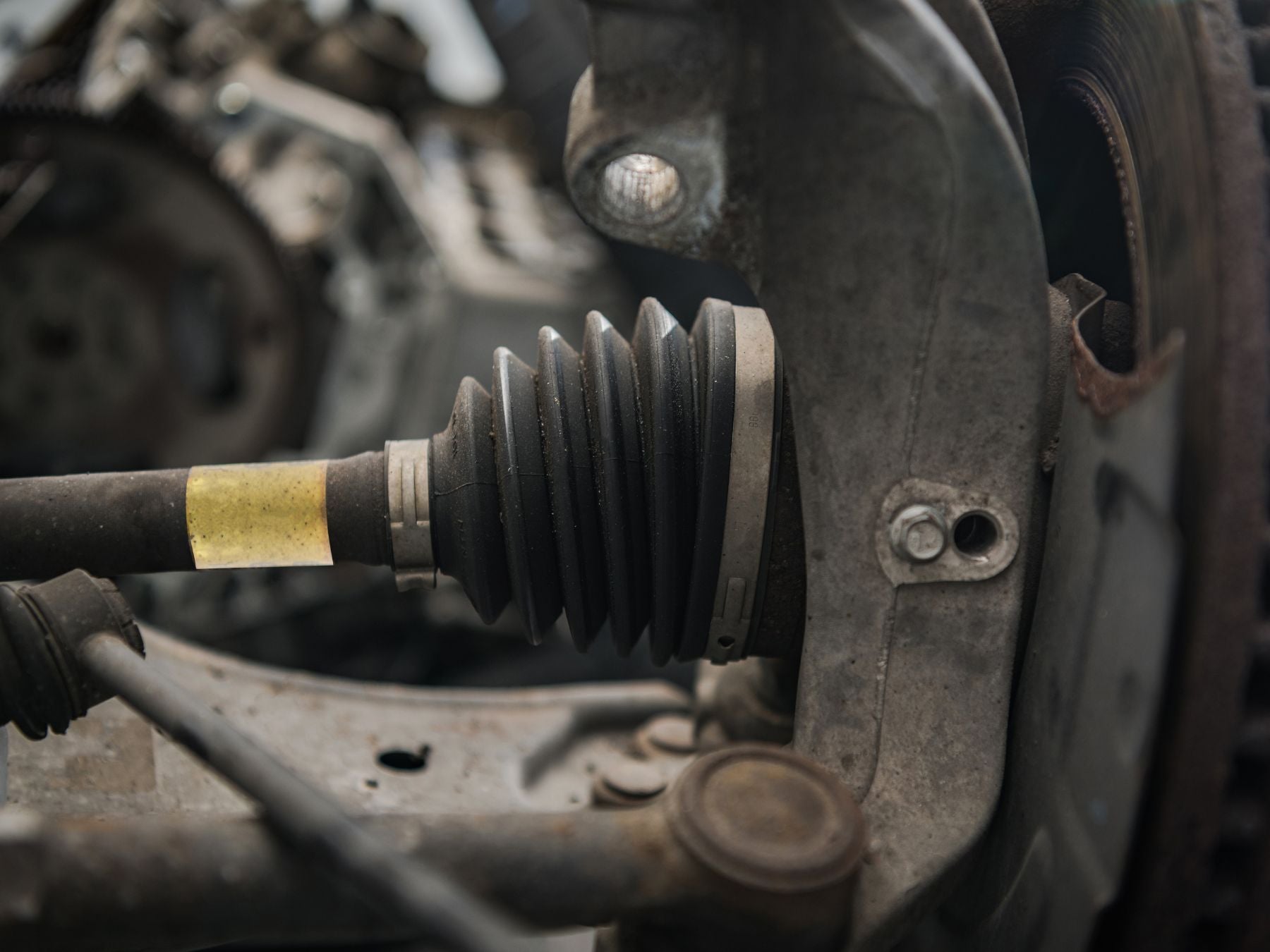
- Clicking or Popping Noises: If you hear a clicking or popping sound coming from the front or rear of the vehicle, particularly when turning or accelerating, it could be a sign of a damaged CV axle.
- Vibrations: A failing CV axle can cause vibrations that are felt through the steering wheel, seats, or floorboards.
- Grease or Fluid Leaks: If you notice grease or fluid leaking from the area around the CV axle, it could indicate a damaged boot or seal, which can lead to further deterioration of the component.
- Uneven Tire Wear: When a CV axle is failing, it can cause uneven power distribution to the wheels, resulting in irregular tire wear patterns.
If you notice any of these signs, it's crucial to have your vehicle inspected by a qualified mechanic as soon as possible.
Factors Affecting CV Axle Replacement Costs
The CV axle replacement cost can vary significantly depending on several factors. Understanding these factors can help you budget accordingly and make informed decisions about your vehicle's repair needs.
- Vehicle Make and Model: The cost of a CV axle replacement can differ greatly based on the make and model of your vehicle. Some vehicles may require specialized or proprietary parts, which can drive up the cost.
- Labor Rates: Labor rates can vary widely depending on your location and the type of repair shop you choose. Dealerships typically charge higher labor rates compared to independent mechanics or chain repair shops.
- Number of Axles Replaced: In many cases, it's recommended to replace both CV axles at the same time, even if only one is showing signs of failure. This practice can save you from having to replace the second axle shortly after the first, but it also increases the overall cv axle replacement cost.
- Additional Repairs: Sometimes, a CV axle failure can be accompanied by other issues, such as damage to the transmission or differential. In these cases, the overall repair cost can escalate significantly.
- Warranty Coverage: If your vehicle is still under warranty, the cv axle replacement cost may be partially or fully covered, significantly reducing your out-of-pocket expenses.
Average CV Axle Replacement Costs
While the exact CV axle replacement cost can vary based on the factors mentioned above, here are some general estimates to give you an idea of what to expect:
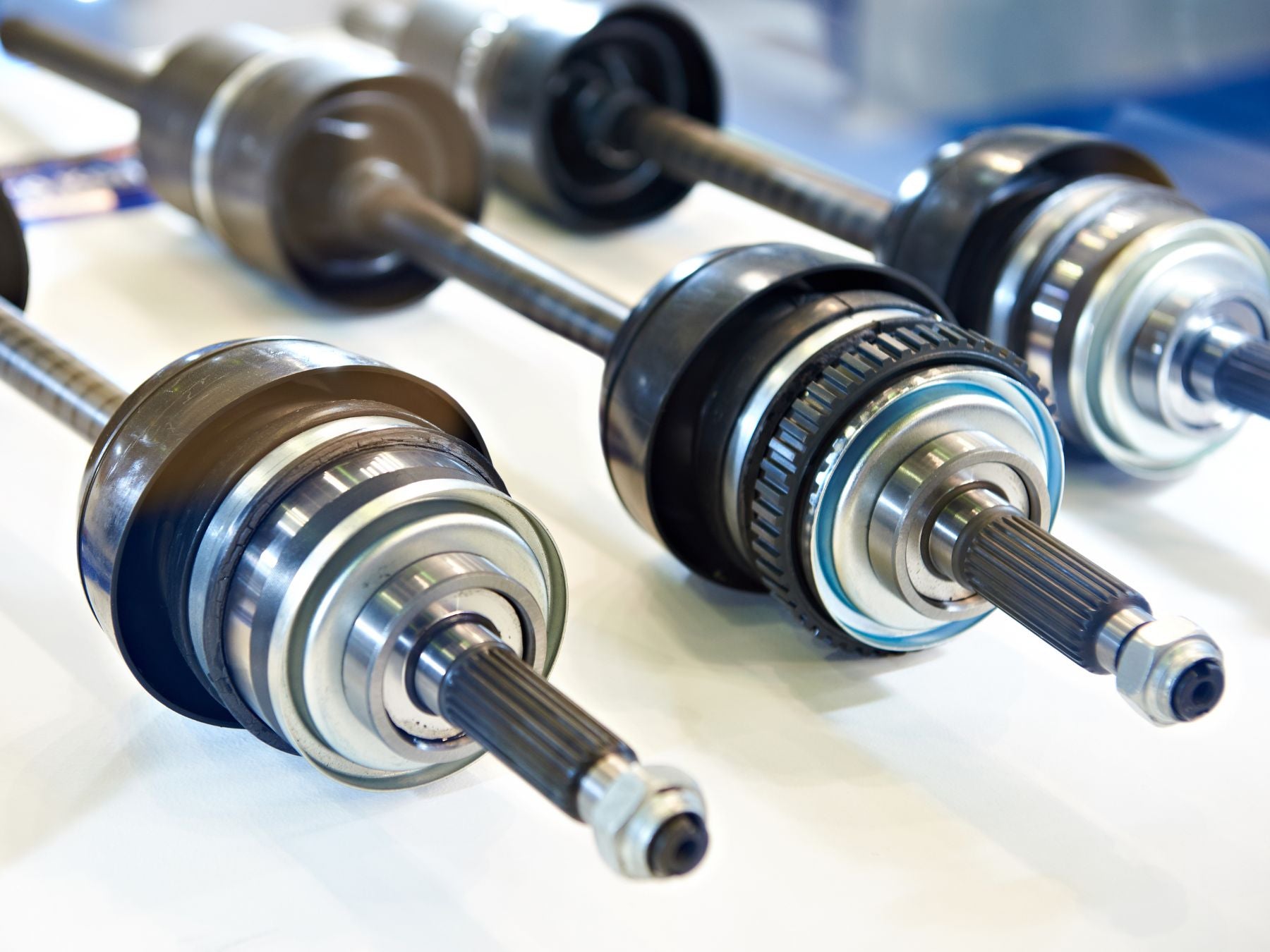
-
Parts Cost: The cost of a single CV axle assembly can range from $100 to $400, depending on the vehicle make and model, as well as whether you opt for an OEM (Original Equipment Manufacturer) or aftermarket part.
-
Labor Cost: Labor costs can range from $100 to $300 or more per axle, depending on the complexity of the job and the labor rates in your area.
-
Total Cost for One Axle: On average, you can expect to pay between $300 and $800 for a single CV axle replacement, including parts and labor.
-
Total Cost for Both Axles: If you need to replace both CV axles, the total cost can range from $600 to $1,600 or more, depending on the factors mentioned earlier.
It's important to note that these are rough estimates, and your actual CV axle replacement cost may be higher or lower based on your specific circumstances.
Choosing the Right Repair Shop
When it comes to CV axle replacement, choosing the right repair shop can make a significant difference in both cost and quality of service. Here are some factors to consider when selecting a repair shop:
- Reputation: Look for a repair shop with a solid reputation in your community. Read online reviews, ask for recommendations from friends and family, and check the shop's ratings with organizations like the Better Business Bureau.
- Experience: Opt for a repair shop that specializes in your vehicle's make and model, or at least has extensive experience working on similar vehicles. This expertise can ensure that the job is done correctly the first time.
- Pricing Transparency: A reputable repair shop should be upfront about their pricing structure and provide you with a detailed estimate before any work is performed. Be wary of shops that quote suspiciously low prices, as this could be a sign of subpar workmanship or the use of low-quality parts.
- Warranty and Guarantees: Inquire about the warranty and guarantees offered by the repair shop. A comprehensive warranty can provide peace of mind and protect you from additional costs should any issues arise after the repair.
- Customer Service: Pay attention to the level of customer service provided by the repair shop. A good shop will take the time to explain the issue, answer your questions, and ensure that you understand the repair process and associated costs.
Preventive Maintenance: Extending the Life of Your CV Axles
While CV axle replacement is sometimes unavoidable, there are preventive measures you can take to extend the life of these components and potentially avoid costly repairs. Here are some tips for proper maintenance:
-
Regular Inspections: Have your CV axles inspected during routine maintenance intervals, such as oil changes or tire rotations. This can help catch potential issues early before they become more significant problems.
-
Proper Lubrication: Ensure that the CV axle boots and joints are properly lubricated according to the manufacturer's recommendations. Lack of lubrication can lead to premature wear and failure.
-
Avoid Harsh Driving Conditions: Whenever possible, try to avoid driving through deep puddles, over curbs, or on rough terrain, as these conditions can put excessive strain on your CV axles.
-
Address Other Suspension Issues: Problems with other suspension components, such as worn ball joints or tie rod ends, can also contribute to excessive stress on your CV axles. Address these issues promptly to reduce the strain on your drivetrain components.
-
Consider Replacement at High Mileage: If your vehicle has accumulated high mileage (typically over 100,000 miles), it may be a good idea to consider proactive CV axle replacement as a preventive measure, even if they haven't shown obvious signs of failure yet.
By following these preventive maintenance tips, you can potentially extend the lifespan of your CV axles and avoid unexpected breakdowns and costly repairs.
>> View more: Head Gasket Repair Costs
FAQs
Can I drive with a bad CV axle?
While it's technically possible to drive with a bad CV axle, it's not recommended. Driving with a faulty CV axle can lead to further damage, decreased vehicle control, and potentially unsafe driving conditions. It's best to have the issue addressed as soon as possible to avoid more costly repairs and ensure your safety on the road.
Is it necessary to replace both CV axles at the same time?
In many cases, it's recommended to replace both CV axles at the same time, even if only one is showing signs of failure. This practice can save you from having to replace the second axle shortly after the first, and it helps maintain consistent performance and handling. However, if your budget is limited, you can opt to replace only the faulty axle, but be prepared to replace the other one shortly.
How long does it take to replace a CV axle?
The time required to replace a CV axle can vary depending on the make and model of your vehicle, as well as the experience of the technician. On average, you can expect the job to take between 1 to 3 hours for a single axle replacement. If both axles need to be replaced, the process may take longer, typically between 2 to 5 hours.
Can I replace a CV axle myself?
While it's possible for experienced DIY mechanics to replace a CV axle themselves, it's generally not recommended for most car owners. The process can be complex and may require specialized tools and knowledge. Unless you have extensive experience with this type of repair, it's best to leave it to a professional mechanic to ensure the job is done correctly and safely.
Will a CV axle replacement affect my warranty?
If your vehicle is still under warranty, a CV axle replacement may or may not be covered, depending on the specific terms of your warranty. It's important to check with your manufacturer or refer to your warranty documentation to understand what is covered and what may void your warranty. In some cases, using aftermarket parts or having the repair done at a non-authorized facility can potentially void your warranty.

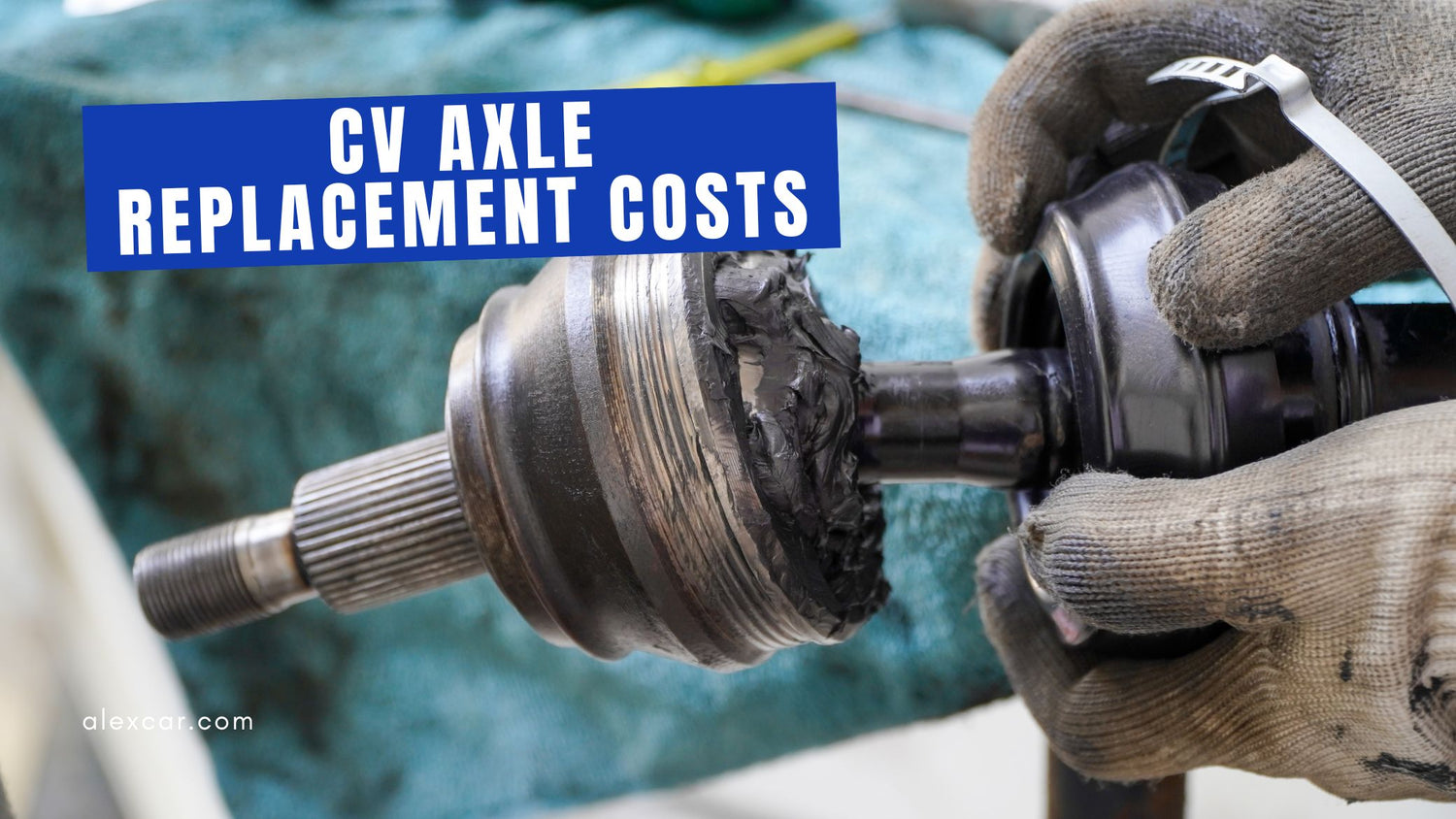
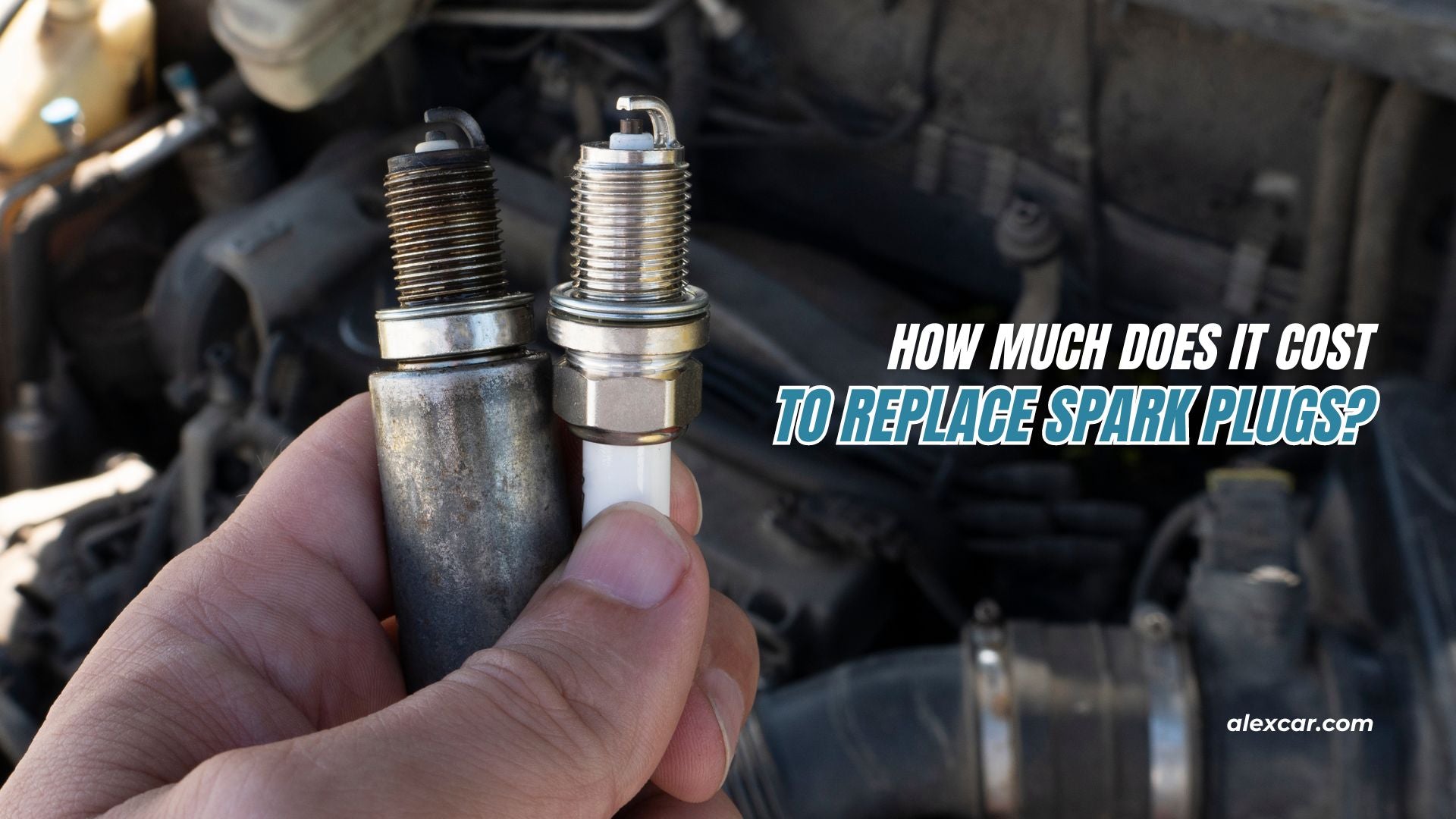
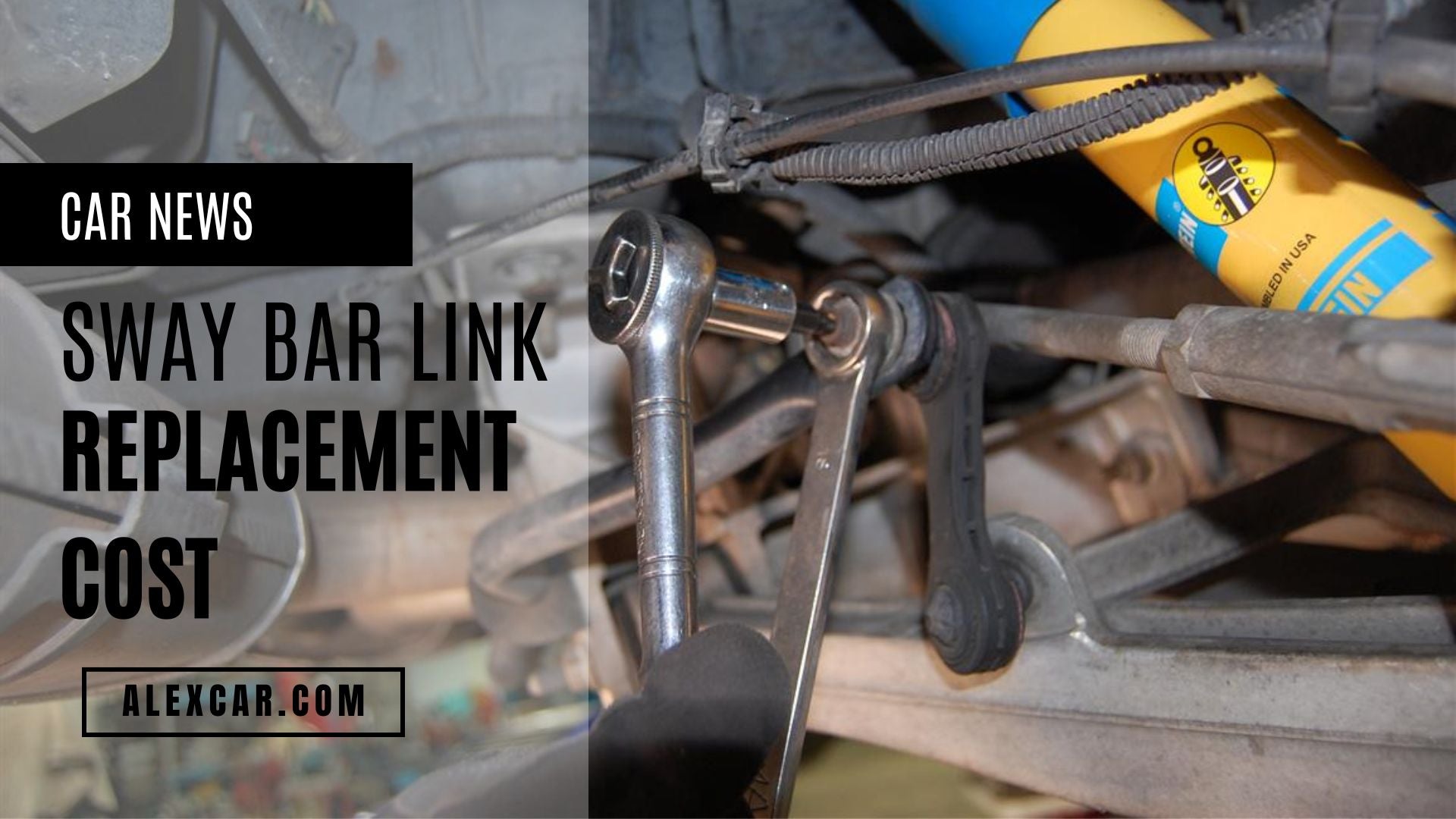
Leave a comment
This site is protected by hCaptcha and the hCaptcha Privacy Policy and Terms of Service apply.